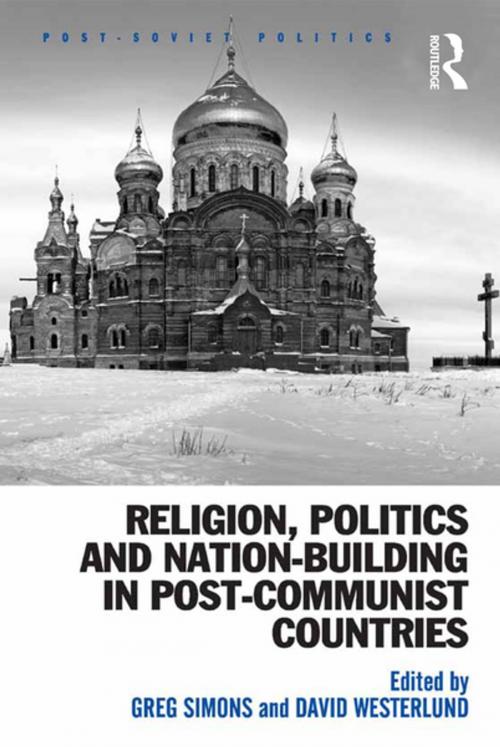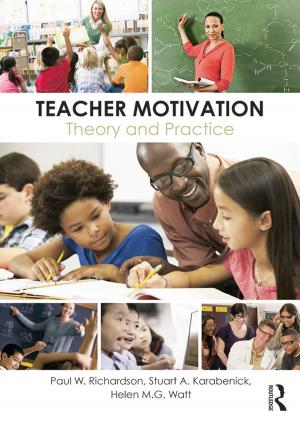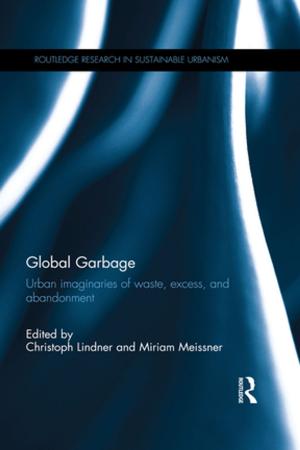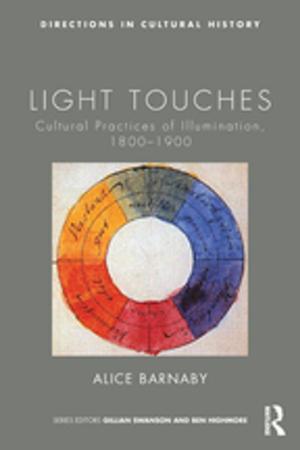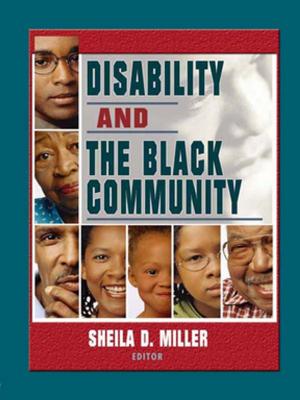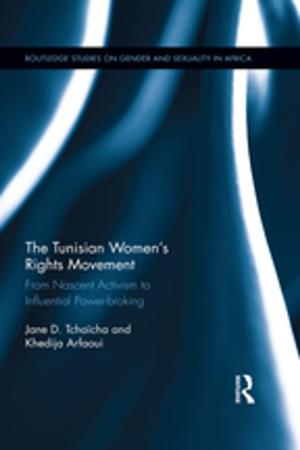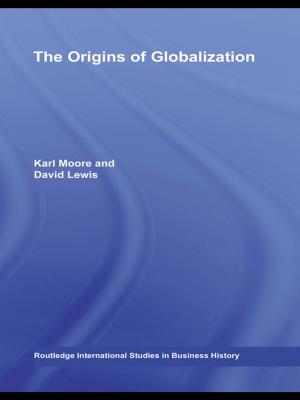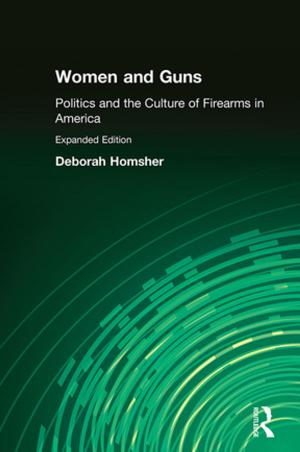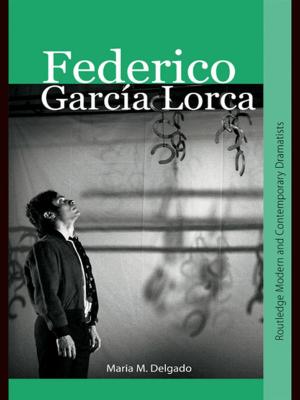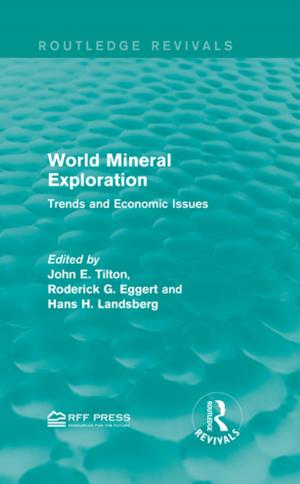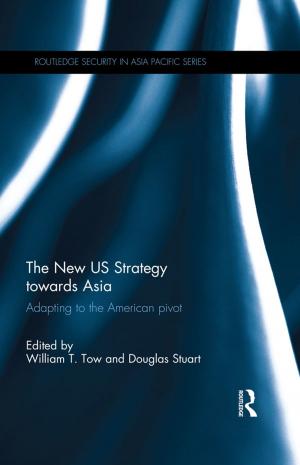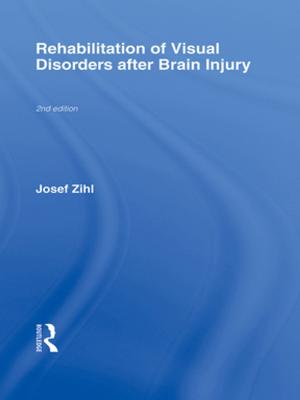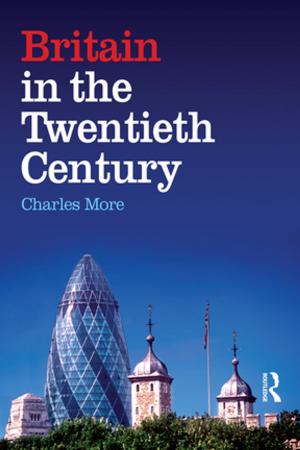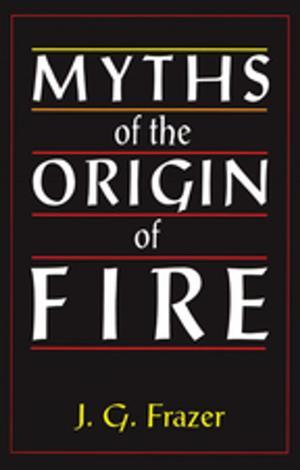Religion, Politics and Nation-Building in Post-Communist Countries
Nonfiction, Religion & Spirituality, Christianity, Church, Church & State, Social & Cultural Studies, Political Science| Author: | Greg Simons, David Westerlund | ISBN: | 9781317067146 |
| Publisher: | Taylor and Francis | Publication: | March 3, 2016 |
| Imprint: | Routledge | Language: | English |
| Author: | Greg Simons, David Westerlund |
| ISBN: | 9781317067146 |
| Publisher: | Taylor and Francis |
| Publication: | March 3, 2016 |
| Imprint: | Routledge |
| Language: | English |
The increasing significance and visibility of relationships between religion and public arenas and institutions following the fall of communism in Europe provide the core focus of this fascinating book. Leading international scholars consider the religious and political role of Christian Orthodoxy in the Russian Federation, Romania, Georgia and Ukraine alongside the revival of old, indigenous religions, often referred to as 'shamanistic' and look at how, despite Islam’s long history and many adherents in the south, Islamophobic attitudes have increasingly been added to traditional anti-Semitic, anti-Western or anti-liberal elements of Russian nationalism. Contrasts between the church’s position in the post-communist nation building process of secular Estonia with its role in predominantly Catholic Poland are also explored. Religion, Politics and Nation-Building in Post-Communist Countries gives a broad overview of the political importance of religion in the Post-Soviet space but its interest and relevance extends far beyond the geographical focus, providing examples of the challenges in the spheres of public, religious and social policy for all transitional countries.
The increasing significance and visibility of relationships between religion and public arenas and institutions following the fall of communism in Europe provide the core focus of this fascinating book. Leading international scholars consider the religious and political role of Christian Orthodoxy in the Russian Federation, Romania, Georgia and Ukraine alongside the revival of old, indigenous religions, often referred to as 'shamanistic' and look at how, despite Islam’s long history and many adherents in the south, Islamophobic attitudes have increasingly been added to traditional anti-Semitic, anti-Western or anti-liberal elements of Russian nationalism. Contrasts between the church’s position in the post-communist nation building process of secular Estonia with its role in predominantly Catholic Poland are also explored. Religion, Politics and Nation-Building in Post-Communist Countries gives a broad overview of the political importance of religion in the Post-Soviet space but its interest and relevance extends far beyond the geographical focus, providing examples of the challenges in the spheres of public, religious and social policy for all transitional countries.
